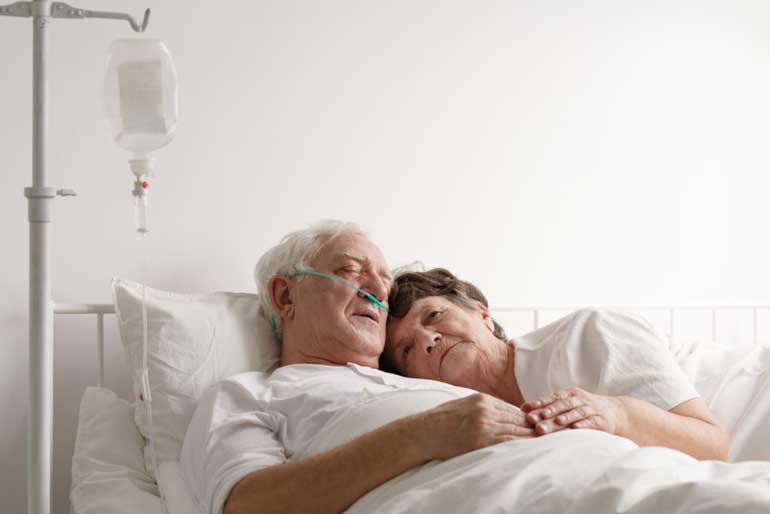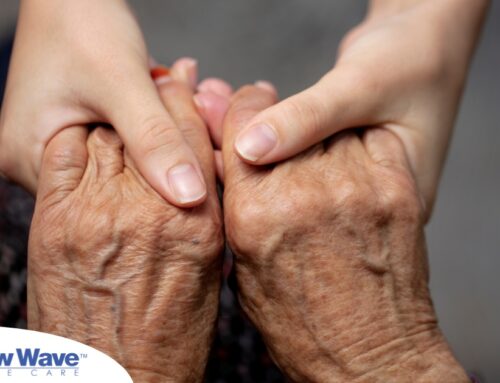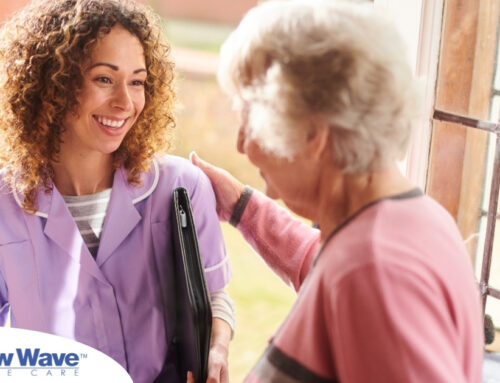Staying healthy is not all about damage control. On the contrary, one of the best ways to maintain general well-being is to take preventative health measures on a daily basis. Elderly adults can especially benefit from this approach. Unfortunately, seniors are inherently more vulnerable to illness, as the immune system weakens with age. For this demographic, a minor sickness such as the flu can become just as life threatening as a chronic disease if not dealt with properly. In fact, among the top causes of hospitalization and death in seniors lie a number of health complications stemming from rather minor illnesses. If you are an older adult yourself, or are concerned about the wellness of an elderly loved one, it is important to learn more about the potential risks and corresponding measures one can take to prevent a minor illness from becoming a serious threat.
The “Snowball” Effect
In many cases the deterioration on one’s health runs in a cycle. If you have ever cared for someone with the flu you have probably witnessed this first hand: a high fever often causes a patient to become chilly and want to bundle up, however, this traps their body heat and prevents their fever from breaking, thus making it more difficult to cool down to a safe body temperature; as this cycle continues, the patient’s fever can continue to rise and reach dangerously high temperatures.
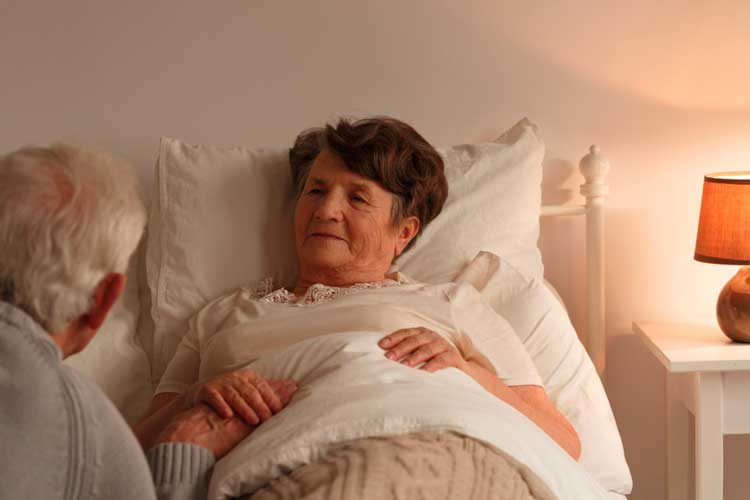
Cyclical health deterioration can affect people of all ages. Seniors, however, are especially vulnerable to this sort of amplification of health issues. Because the immune system weakens with age, illnesses such as influenza, the common cold, minor infections, and a number of other seemingly unimposing threats can easily become life threatening to seniors. Many aging experts refer to this cycle as the “snowball” effect. If left unrecognized, increasing severity of symptoms due to the snowball effect can cause a rapid decline in the health of elderly adults.
It may be difficult for an individual to recognize the signs that this issue is occurring in themselves, or if they do they may need help dealing with it. As a caretaker or family member of an elder adult, you can help them by looking for common signs of this recurring cycle. This simple act of attention can save a loved one’s life.
Here is a list of signs that your loved one may be particularly vulnerable to a minor illness:
- Lack of attention to one’s health
- Difficulty beating minor illnesses
- History of minor illnesses becoming more serious
- Hospital stays for seemingly benign health issues
- Poor immune health/lack of awareness for immune health
- Current or prior struggles with more serious illnesses
- Takes medications known to weaken immune health
- Anti-social tendencies
- Non-active lifestyle (often due to difficulty remaining active)
- Fatigue
- Poor diet/loss of appetite
- Rapid decline in physical ability
- Rapid increase in weakness and dependence on others
Prevention and Immune Health
As with almost any other sort of health concern, the best starting point for preventing the so-called “snowball effect” is focusing on diet and activity levels. In addition to the many other benefits of exercise and healthy eating, improving these aspects of daily life can greatly boost immune health, which is the key influence on most senior’s susceptibility to illness.

As we age, many vitamins and minerals that help with resilience to various illnesses become harder to retain. Most of the time, you can find out which specific nutrients you may be deficient in with a blood test at the doctor. With this information your doctor can likely help you plan a diet best suited to the nutrients you need. Seniors who struggle to retain necessary vitamins and minerals can compensate by incorporating nutrient rich fruits and vegetables into their diet. For those who cannot meet nutrient needs simply with diet, taking daily supplements can also help. A doctor will usually have recommendations for which supplements you should be taking.
In addition, age often brings the issue of decreased physical ability; another impact on immune health. Exercise increases immune health for a number of reasons. One notable benefit of exercise on the immune system is flushes toxins from the body, through sweat and by opening airways so that bacteria cannot collect in the lungs. For those elderly adults who struggle to remain active, it can understandably be more difficult to combat viruses and bacteria threatening the body that would otherwise be removed through exercise. However, even for those who cannot necessarily work up a sweat at the gym, simple exercises can make a huge difference on the body’s ability to fight off intruders.
For many seniors, it may seem almost impossible to adopt even simple habits to boost immune health. Understanding what sort of food and supplements are even beneficial, or an accessible form of exercise can be daunting.
To make things easier, here are some possibilities on how to improve immune health:
- Consult a doctor about individual diet needs
- Test for nutrient deficiencies to determine what supplements to take
- Decrease grain intake
- Stay hydrated (beverages with electrolytes can help make this easier)
- Find creative forms of exercise (walking at the mall, running errands, following exercise videos, chair exercises)
- Be precautious in extreme weather (avoiding very cold or very hot environments)
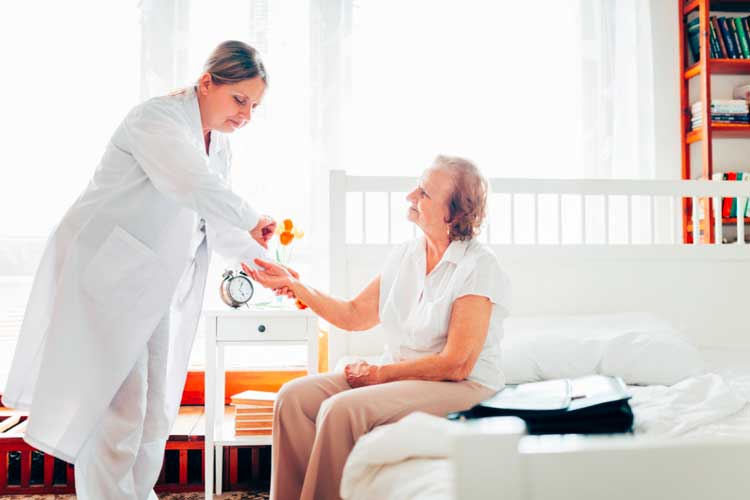
The list of factors to consider in regards to immune health and aging may seem overwhelming. However, adopting even just a few of these practices can help seniors avoid minor illnesses from taking an unnecessary toll on their bodies. Reaching out for support can help make it easier to prevent the snowball effect from coming into play. If you are a senior in need of extra assistance, or a concerned loved one of an elderly adult, never hesitate to reach out to friends and family, healthcare services, caregiving providers, or anywhere else you may feel comfortable seeking help for elderly care. Always feel free to contact New Wave Home Care for any caregiving needs, and more information on senior health.
